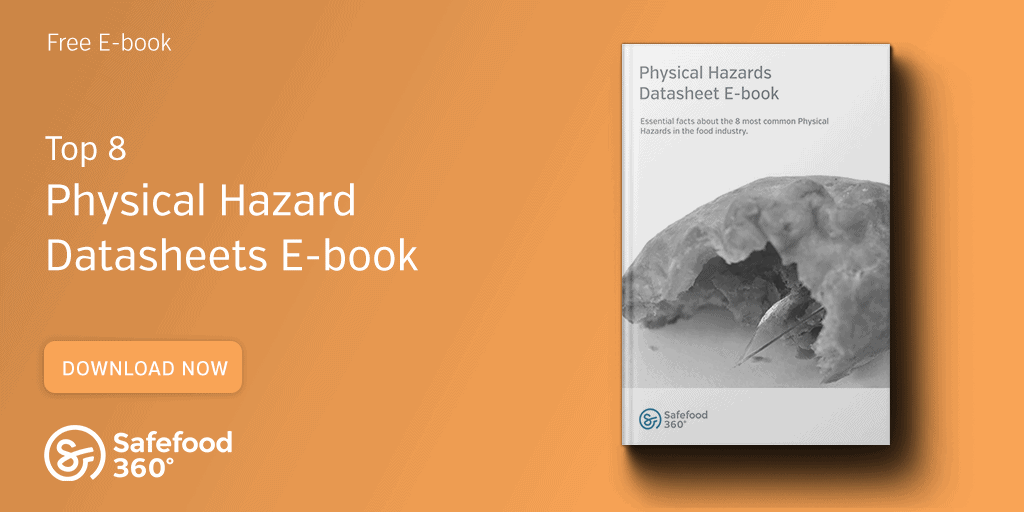September 2020 Food Safety News and Industry Round-up
In September 2020, the FDA have moved to expand the scope of its New Era of Smarter Food Safety while similar initiatives from the European Commission and the World Health Organization seek to increase improvements on coca sustainability and foodborne disease estimates.
Read on for more.
FDA announce new rule for traceability
The FDA has proposed a new rule for traceability of foods, a key element of its New Era of Smarter Food Safety initiative, which will increase record keeping requirements for certain foods such as shell eggs, mollusks, ready-to-eat deli salads, and certain fruits and cheeses.
The FDA has proposed the rule should become effective within 60 days of its September 21st proposal and compliance date for recordings will become effective within 2 years of this final regulation.
Proposed Food Traceability List
FDA issues first injunction under Produce Safety Rule
The FDA has enforced the first instance of the Produce Safety Rule under FSMA against an Illinois-based food processor to cease production.
The company had previously received a waring letter form the FDA for food safety violations but further action has been deemed necessary.
The company is now prohibited from “growing, harvesting, packing, and holding sprouts and soy products at or from their facility, or any other facility until certain requirements are met”.
USDA FSIS call for public meeting on future of food safety education for consumers
The USDA’s Food Safety and Inspection service is to host a public meeting on October 6th to discuss the state of consumer food safety education, current research and future studies, as well as engagement to bridge a perceived gap between food safety messages and consumer action.
The meeting will take place on October 6th from 12 – 4 PM EST and advanced registration is required in order to participate.
European Commission launch Sustainable Cocoa Initiative
The European Commission have launched an initiative to address sustainability issues and to develop policy dialogues for global cocoa production that address deforestation and eliminate child labor.
Sessions which began this month will continue into July 2021 and are intended to conclude with a plenary session and report containing recommendations and suggestions.
Talking points – more information
WHO seeking experts to update foodborne disease estimates
The WHO will update its figures concerning the burden of foodborne disease and illness by 2025.
Following the adoption of a resolution into the issue by the World Health Assembly in May, the WHO is now calling for experts for the advisory group Foodborne Disease burden Epidemiology Reference Group (FERG) to estimate the global burden of foodborne disease.
This group will serve to advise the WHO on effective methodology to estimate the global burden and impact of foodborne disease, assess epidemiological data on their burden, assess and identify technical priorities and gaps in research agendas, and assist the WHO in developing a methodology to monitor food-safety related indicators.
Scientists reaffirm coronavirus is ‘highly unlikely’ to be food risk
A study conducted by an international group of scientists has reaffirmed that Covid-19 is highly unlikely to be considered a food risk.
The work conducted by the International Commission for Microbiological Specifications of Foods (ICMSF) has stated that Covid-19/SARS-CoV-2 should not be considered a food safety hazard as it goes against a commonly accepted understanding of hazards entering the human body with food via the gastrointestinal tract.
The report concludes that although Covid-19 does present serious occupational safety risks, as it does not pose a food safety risk sampling and testing for the virus is of no added value for food safety purposes.
Iceland instructed to improve controls on ready-to-eat foods
The European Free Trade Association Surveillance Authority (ESA) has instructed the nation of Iceland to improve their controls on ready-to-eat food following an audit in March earlier this year.
The findings showed that while Iceland have an effective risk-based system to deliver controls, a lack of resources to perform inspections and lapses in time given to implement corrective measures has necessitated the move as it increases the likelihood of unsafe food entering the market.






Leave a Reply
Want to join the discussion?Feel free to contribute!